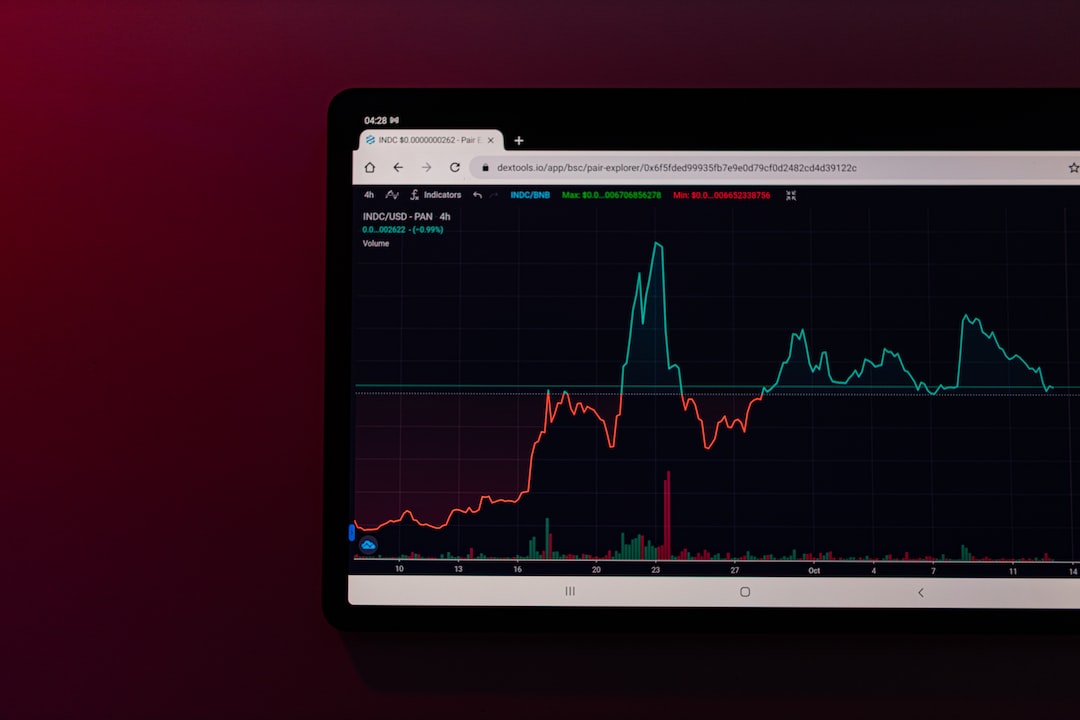South Korea Considers Including Cryptocurrency Gains in Tax Abolition
South Korea is currently discussing whether gains from cryptocurrency assets should be included in the upcoming abolition of income tax on financial investments. The deputy minister of South Korea’s Ministry of Economy and Finance’s tax and customs office, Jeong Jung-hoon, suggested that the National Assembly should consider this proposal. The government aims to eliminate taxes on financial investments to promote wealth accumulation and sound financial planning.
Proposed Amendments and Tight Deadline
The South Korean government plans to propose a revision to its income tax law focusing on financial investment taxation in late January or early February. However, the National Assembly faces a tight deadline for deliberating and processing these amendments due to the national election scheduled for April 10.
South Korea Maintains Stance on Cryptocurrency ETFs
Despite the recent approval of a Bitcoin spot ETF by the U.S. Securities and Exchange Commission, South Korea remains firm in its prohibition of cryptocurrency ETFs. The government does not recognize digital currencies as financial assets and has maintained this policy since 2017, preventing financial institutions from investing in cryptocurrencies.
Enhancing Transparency in Public Service
Starting from January 1, 2024, approximately 5,800 public officials in South Korea are required to disclose their financial holdings, including virtual assets. This move aims to enhance transparency in public service and uphold the public’s right to information.
Hot Take: South Korea Considers Including Crypto Gains in Tax Abolition
South Korea is mulling over whether gains from cryptocurrency assets should be part of the removal of income tax on financial investments. The government’s goal is to promote wealth accumulation and sound financial planning among its citizens by eliminating taxes on financial investments. The proposed amendments to the income tax law will be presented in late January or early February, although the National Assembly faces a tight deadline due to the upcoming national election. South Korea maintains its stance against cryptocurrency ETFs and does not recognize digital currencies as financial assets. In an effort to enhance transparency, public officials are now required to disclose their financial holdings, including virtual assets.





 By
By

 By
By
 By
By
 By
By